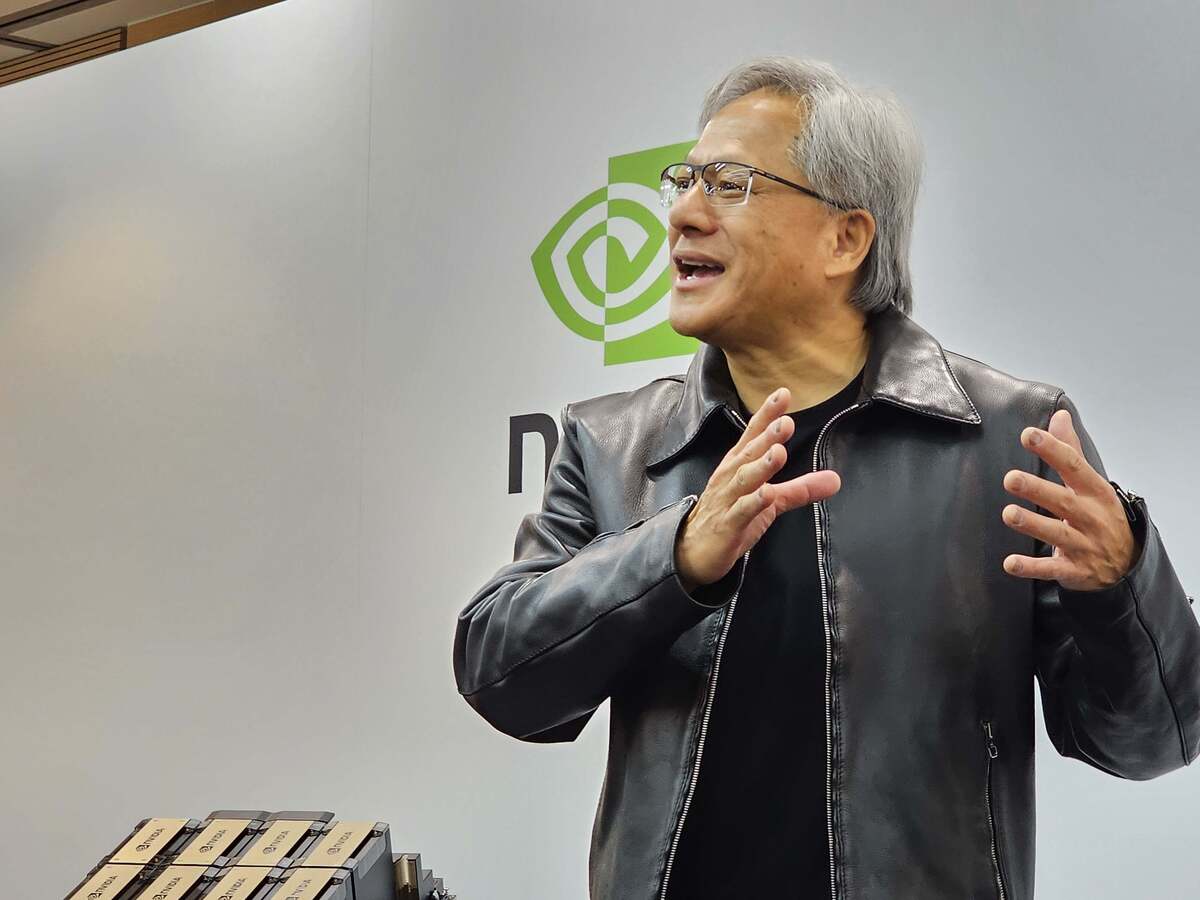- I ditched my daily driver Bose headphones for the XM6 - and I'm hesitant to go back
- This Lenovo ThinkPad is my top pick for remote work - and it's nearly 50% off now
- I invested in this 3-in-1 robot vacuum, and it's paying off for my home
- I've tested the Meta Ray-Bans for months, and these 5 features still amaze me
- My new favorite iPhone portable charger has a magnetic superpower - and it's cheap
Nvidia’s French offices raided for anticompetitive practices: Report

France’s competition watchdog has raided the local offices of chipmaker Nvidia while investigating anticompetitive practices in the graphics cards sector with a focus on cloud computing.
While the competition watchdog did not confirm the identity of the entity being investigated or the practice in question, a report from The Wall Street Journal cited sources saying that the raids targeted Nvidia.
The watchdog, however, confirmed that the operation was a result of it trying to investigate the graphics cards sector as part of an expanded study to understand anticompetitive practices in the cloud computing sector. The study, according to the watchdog, was started in January 2022.
As products and services that use generative AI come to market, Nvidia has risen to prominence as the top chip supplier to large software vendors and cloud service providers — such as Salesforce, ServiceNow, AWS, Google Cloud, and Microsoft, — could be among the top reasons for the watchdog’s interest in the chipmaker.
In February, Nvidia announced plans to ship its DGX Cloud to Oracle, Google Cloud, and Microsoft. The DGX Cloud combines the company’s GPU-based compute systems called DGX Pods with an AI enterprise software stack.
The chipmaker blew past expectations for its most recent quarter and numbers disclosed showed that enterprise sales now constitute 76% of Nvidia’s total revenue. Experts and analysts also believe that Nvidia is “uniquely suited to benefit from the growth of AI in hardware.”
Nvidia’s rivals in the generative AI-processing silicon space include AMD, a startup named Ampere, and the cloud service provider themselvess, who are developing their own chips for supporting next-generation AI workloads.
Oracle’s recent $400 million investment into Ampere for generative AI workload-supporting chips also underlines the demand for such processors. Oracle has also agreed to pay over $100 million for buying such chips this month.
Raids not proof of guilt for the chipmaker
The French competition watchdog has noted that though raids were conducted in the graphics cards sector, the searches themselves were not proof of guilt or any wrongdoing.
“Such dawn raids do not pre-suppose the existence of a breach of the law, which could be imputed to the company involved in the alleged practices, which only a full investigation into the merits of the case could establish, if appropriate,” a statement from the watchdog read.
However, in the last few weeks, large technology companies have attracted the attention of regulatory agencies in alleged complaints of employing unfair practices for conducting business.
Earlier this month, Alphabet-owned Google was accused of creating a monopoly through the use of exclusivity contracts with device manufacturers and software providers that make Google the default search engine for a given device or platform. The trial, which echoes the turn-of-the-century Microsoft antitrust case in several respects, is still ongoing.
This week also saw the US Federal Trade Commission (FTC) file a lawsuit against Amazon, alleging that the company has been engaging in a number of “interlocking anticompetitive and unfair strategies to illegally maintain its monopoly power.”
Copyright © 2023 IDG Communications, Inc.

